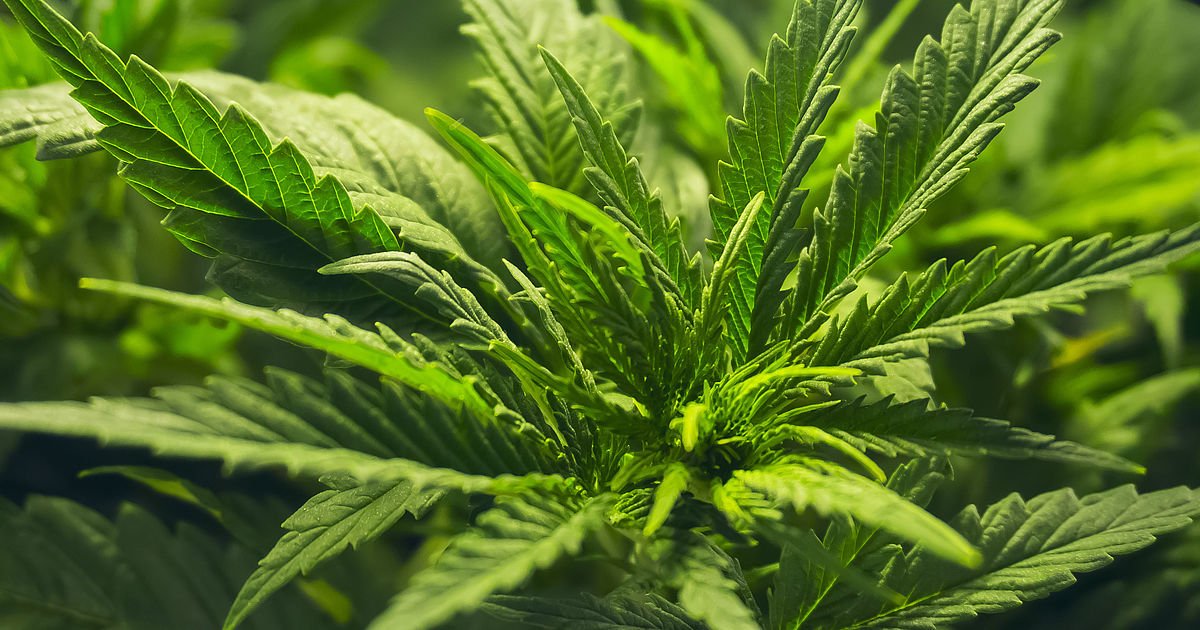The Department of Agriculture, Land Reform and Rural Development (DALRRD) is on the verge of presenting a Cannabis Master Plan to Nedlac.
DALRRD Minister Thoko Didiza says as the legalisation and the commercialisation of cannabis remains at the forefront of public debate and on top of the agenda for policymakers globally, the plan will be presented to the National Economic Development and Labour Council (Nedlac) by the end of May 2021.
The Minister said this when she tabled the department’s budget vote in Parliament on Thursday.
She said this was one of several master plans that the department will finalise as part of setting targets and implementing interventions to increase production in the sector.
“An inter-departmental team comprising representatives from various departments was established to guide the development of the National Cannabis Master Plan with [the department] as the convener.
“The Cannabis Master Plan is being presented to Nedlac before the end of May 2021. The department will, as of October 2021, begin issuing and monitoring permits for the production of hemp in South Africa,” she said.
Interventions to bolster production
Didiza said in order to increase local production in the sector, a combination of interventions as well as different support systems will need to be implemented to realise this vision.
These includes:
• Increasing land under production. This will mean cultivating land that has been given to individuals and communities through our land reform program and those in communal areas.
• Strengthening the extension and advisory services by employing capable individual Officers;
• Collaborating with the private sector and individuals who are willing to be mentors as well as able to give agreements to those who produce;
• Strengthening government’s agri-financial services to support production;
• Improving agricultural research. The Agricultural Research Council will utilise the Parliamentary Grant to focus on the development of scientific solutions, inclusive of the development of new technologies and crop varieties, enhancing the quantity and quality of agricultural produce, devising climate change adaptation and mitigation strategies, increasing sustainability, reducing consumer food prices.



